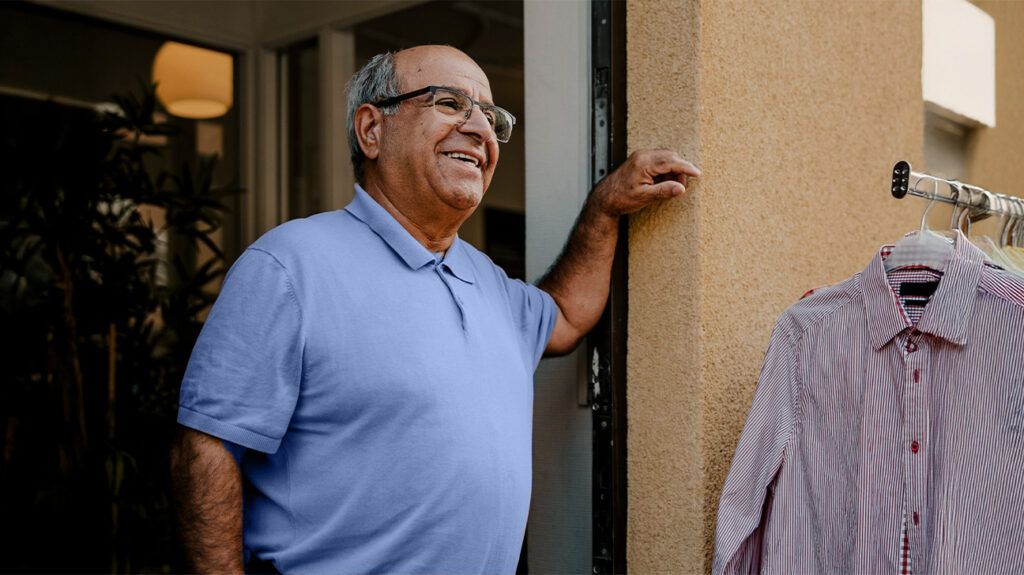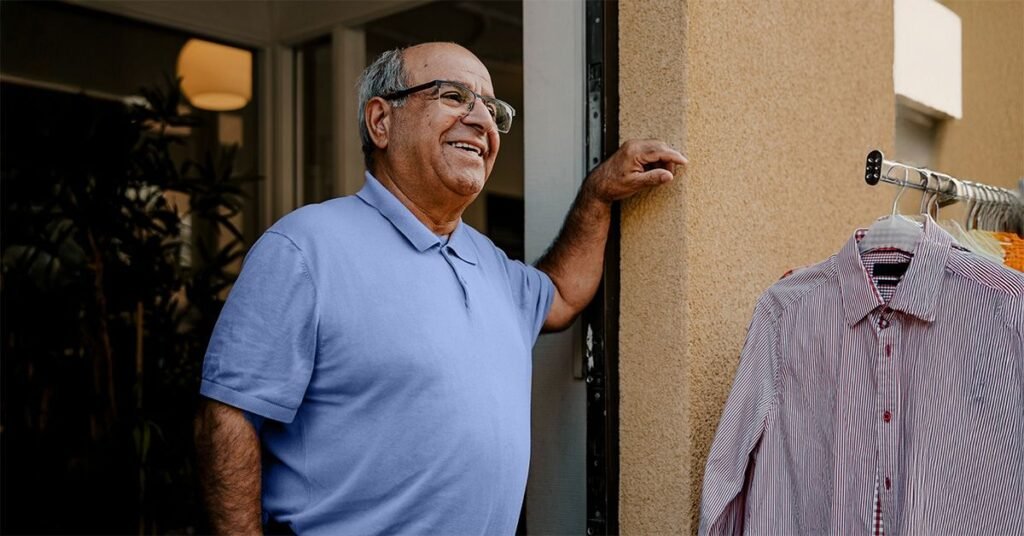 Share on Pinterest
Share on Pinterest“The risks for heart attack survivors are still substantial,” Keith Diaz, PhD, the Florence Irving Associate Professor of Behavioral Medicine at Columbia University Medical Center in New York City, a certified exercise physiologist, a volunteer member of the AHA’s Physical Activity Science Committee, and lead author of a new study told Medical News Today.
“Even those survivors who receive the most advanced treatments and medications still have significant risk. That’s why it’s urgent to find additional ways to reduce this risk,” Diaz explained.
Adding to this list is a new study recently published in the journal Circulation: Cardiovascular Quality and Outcomes — for which Diaz is the lead author — which reports that people who are too sedentary after experiencing a heart attack are at a higher risk of having another one or another cardiovascular event.
However, they can lower their risk of a secondary cardiovascular event by replacing 30 minutes of sedentary behavior with light-intensity or moderate to vigorous-intensity physical activity, or sleep.
For this study, researchers recruited more than 600 adults between the ages of 21 to 96 who had been treated at a hospital for a heart attack or chest pain. Study participants were asked to wear a wrist accelerometer for an average of 30 consecutive days after leaving the hospital to measure how much time they spent sedentary vs moving.
“In our previous research, we noticed that a number of heart attack survivors were quite fearful of exercise,” Diaz said. “Many of the bodily sensations of intense exercise can remind survivors of their heart attack, causing them to fear and avoid it. As a result, we were finding that many survivors were extremely sedentary, spending over 13 hours a day sitting.”
“Given all that has been learned from research on the health hazards of sitting, we were concerned that heart attack survivors were unknowingly increasing their risk of having another event,” he continued. “That’s why we decided to investigate the link between sedentary behavior and secondary heart attack risk.”
At the study’s conclusion, Diaz and his team found that study participants who spent an average of more than 14 hours a day being sedentary more than doubled their chances of having another cardiac event or to be hospitalized again within a year after their first cardiac event.
“This finding highlights that sedentary behavior is a toxic, harmful behavior which can impact recovery and future health risk after a heart event,” he explained.
“A big misconception among both patients and physicians is that sedentary behavior doesn’t matter as long as you are getting your exercise in. Many people focus solely on meeting exercise recommendations, treating it like a checkbox. ‘I got my 30 minutes in, so I’m good and don’t need to move [for] the rest of the day.’ But exercise is just the tip of the iceberg. It only accounts for [approximately] 2% of the day for those who actually do it.”
– Keith Diaz, PhD
“Our study found that patients who spent more time sitting after a heart event had a higher risk of cardiac events and death within a year, irrespective of exercise levels,” Diaz added.
“In other words, even if you’re exercising, long periods of sitting can still pose a serious health risk. Reducing sedentary time throughout the day is really important for optimal recovery after a heart event,” he emphasized.
On the flip side, researchers discovered that participants who replaced 30 minutes of sedentary behavior with light-intensity physical activity daily lowered their secondary heart event or death risk by 50%.
Furthermore, substituting 30 minutes of sitting with moderate to vigorous activity every day cut their risk by 61%.
“The large reduction in risk from replacing sedentary time with light-intensity activity really underscores an important public health message: doing something is better than doing nothing,” Diaz said.
“Movement itself, regardless of intensity, can be beneficial after hospitalization. This is especially relevant for people recovering from a heart event who may find moderate or vigorous activity difficult or scary,” he added.
“While exercise still provides the best ‘bang for your buck’ in terms of the greatest health benefits, our findings are good news for people who may not have the time, ability or desire to exercise,” he continued. “The road to a healthy lifestyle after a heart event is more accessible and achievable than we thought and is not just for gym regulars.”
Diaz and his team also found that if participants replaced 30 minutes of sedentary time with an extra 30 minutes of sleep, they slashed their secondary cardiac event risk by 14%.
“Sleep is healthier than sitting,” Diaz explained. “It’s a restorative behavior that helps the body and mind recover which is especially important after a serious health event like a heart attack. Many patients struggle to find time or feel too intimidated to engage in intense physical activity.”
“Our findings offer an encouraging message,” he added. “Even getting an extra half hour of sleep, rather than spending that time sitting on your phone or watching one more episode on Netflix, can support recovery and reduce risk. For all the couch potatoes out there, this is a small, doable step that can still make a meaningful difference for your health.”
MNT also had the opportunity to speak with Christopher Berg, MD, a board certified cardiologist at MemorialCare Heart and Vascular Institute at Orange Coast Medical Center in Fountain Valley, CA, about this study, who commented that the results are concerning, but not all that surprising.
“We’ve long known that too much sitting is bad for cardiovascular health,” Berg, who was not involved in this study, explained. “But this research adds an important layer: It’s not just how much time patients are sedentary — it’s also how that time is accumulated. Long, uninterrupted periods of inactivity appear particularly harmful.”
“What really stood out to me was the authors’ statistical approach that suggested that even replacing 30 minutes of sedentary time with light activity, moderate exercise, or even sleep was associated with a lower risk of heart events and death,” he continued. “That’s a powerful message that I’ll be using in [the] clinic to encourage patients to stay active.”
“Still, it’s important to be cautious with these results,” Berg added. “This was an observational study, so we can’t say for sure that [more] sedentary behavior caused the bad outcomes. People in the most sedentary group were generally older and had more health problems, which may have contributed to their risk. That said, the message is still a good one: if you’ve had a heart attack — or even just a scare — staying active in some form is likely beneficial.”


